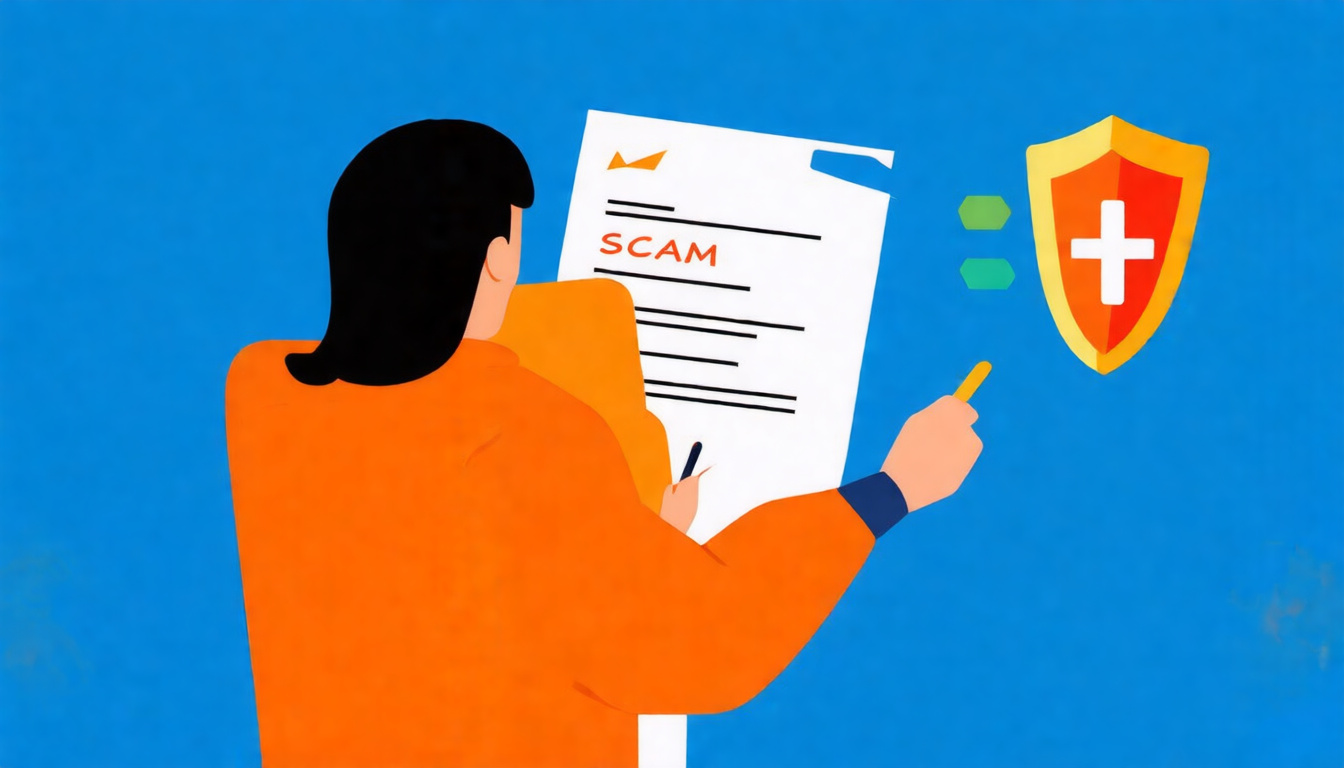Insurance fraud damages many lives. It exploits claims that grow, accidents that are arranged, and data that is twisted. These acts push premiums higher and shake trust in insurance. Learn fraud’s steps and shield yourself in today’s tangled insurance world.
In this article, we uncover fraud tricks and share solid tips. Stay sharp and learn more. This helps you avoid costly scams.
What Is Insurance Fraud?
Fraud happens when someone tricks an insurer to gain funds they do not deserve. The trick works during applications, claims, or when service providers boost bills.
Common fraud tricks are:
- False claims: People file claims with made-up or exaggerated damage.
- Staged accidents: Some plan crashes to get money.
- Identity theft: A person’s details are misused to get a policy.
- Premium fraud: Facts are twisted to lower cost falsely.
The FBI notes fraud costs the U.S. industry over $40 billion yearly.
How Does Insurance Fraud Impact You?
Even if fraud misses you, its weight grows premiums. Honest customers pay more. Legit claims may slow down, causing stress when help is needed. Fraud also shakes the system’s trust, forcing stricter checks on every policyholder.
Common Insurance Fraud Scams to Watch Out For
Spotting scams is your shield. Watch for these fraud moves:
1. Inflated or Fake Claims
Sometimes, claims show damage or loss that did not occur or are blown up. For example, a car may show more harm than it had, or a loss could be made up.
2. Staged Accidents
Fraudsters produce crashes or falls to claim money. Their acts may fake car hits, slip-falls, or even job injuries.
3. False Information on Applications
Some give wrong addresses, hide past claims, or lie about driving records. Such errors lower costs but are fraud.
4. Health Insurance Scams
At times, care providers or patients bill for care never given or code claims wrong to get extra funds.
How to Protect Yourself from Insurance Fraud
You can act now to avoid fraud. Follow these clear steps:
Review Your Insurance Documents Carefully
- Read your policy well before you sign.
- Check that vehicle details, coverage limits, and your data are correct.
Be Honest and Accurate When Applying
- Always tell the truth on your forms.
- Do not hide past claims or facts.
Keep Records of All Transactions
- Save your claim forms, receipts, and calls with your insurer.
- Take photos or videos of your car or property before and after events.
Verify the Legitimacy of Repair Shops and Medical Providers
- Use trusted, licensed providers. This cuts the risk of false bills.
Be Wary of Unsolicited Offers or Assistance
- Fraudsters call after accidents to help with claims.
- Do not share your details with unknown callers.
Report Suspicious Activity Immediately
- If you sense fraud, call your insurer or the police right away.
Steps to Take if You Are Targeted by Insurance Fraud
If you think you face fraud, act fast:
- Document everything: Write down each phone call, visit, or odd act.
- Notify your insurer: Tell the fraud department at your company.
- File a police report: Contact law enforcement when a crime appears.
- Protect your identity: If identity theft looms, check your credit and add fraud alerts.
Frequently Asked Questions About Insurance Fraud
What are the red flags of insurance fraud?
Red flags include sudden premium hikes, changes in your policy without notice, quick push to sign forms, or odd repair estimates. Always double-check with your insurer.
Can I be liable for insurance fraud if someone else commits it on my policy?
Yes. If you share false details or someone misuses your policy, the law may hold you accountable. Keep your details safe.
How can I verify if a claim or provider is legitimate?
Ask for clear proof and references. Check licenses and call your insurance firm before agreeing to repairs or care. Using approved vendors cuts risk.
Conclusion: Stay Vigilant and Protect Yourself from Insurance Fraud
Insurance fraud costs all of us. It hurts individuals and the whole system. By knowing common scams and using the steps above, you can steer clear of fraud and help curb its spread.

Check your documents twice, report odd behaviors, and choose trusted providers. Your careful steps keep your coverage and money safe. Stay sharp, stay aware, and command your insurance experience.
Protect yourself now by reading your policies well and telling your provider if fraud appears. Your alertness is the best way to stop insurance fraud!
Author: Doyle Weaver, Attorney at Law
Home | Estate Planning | Personal Injury | Hill Country Lawyer | Terms of Service | Privacy Policy
© 2025 Digital Law Firm, P.C.
Disclaimer: The content provided in this blog is for educational and informational purposes only. It is not intended to constitute legal advice or establish an attorney-client relationship. The information presented does not address individual circumstances and should not be relied upon as a substitute for professional legal counsel. Always consult a qualified attorney for advice regarding your specific legal situation. The author and publisher are not liable for any actions taken based on the content of this blog.

Leave a Reply